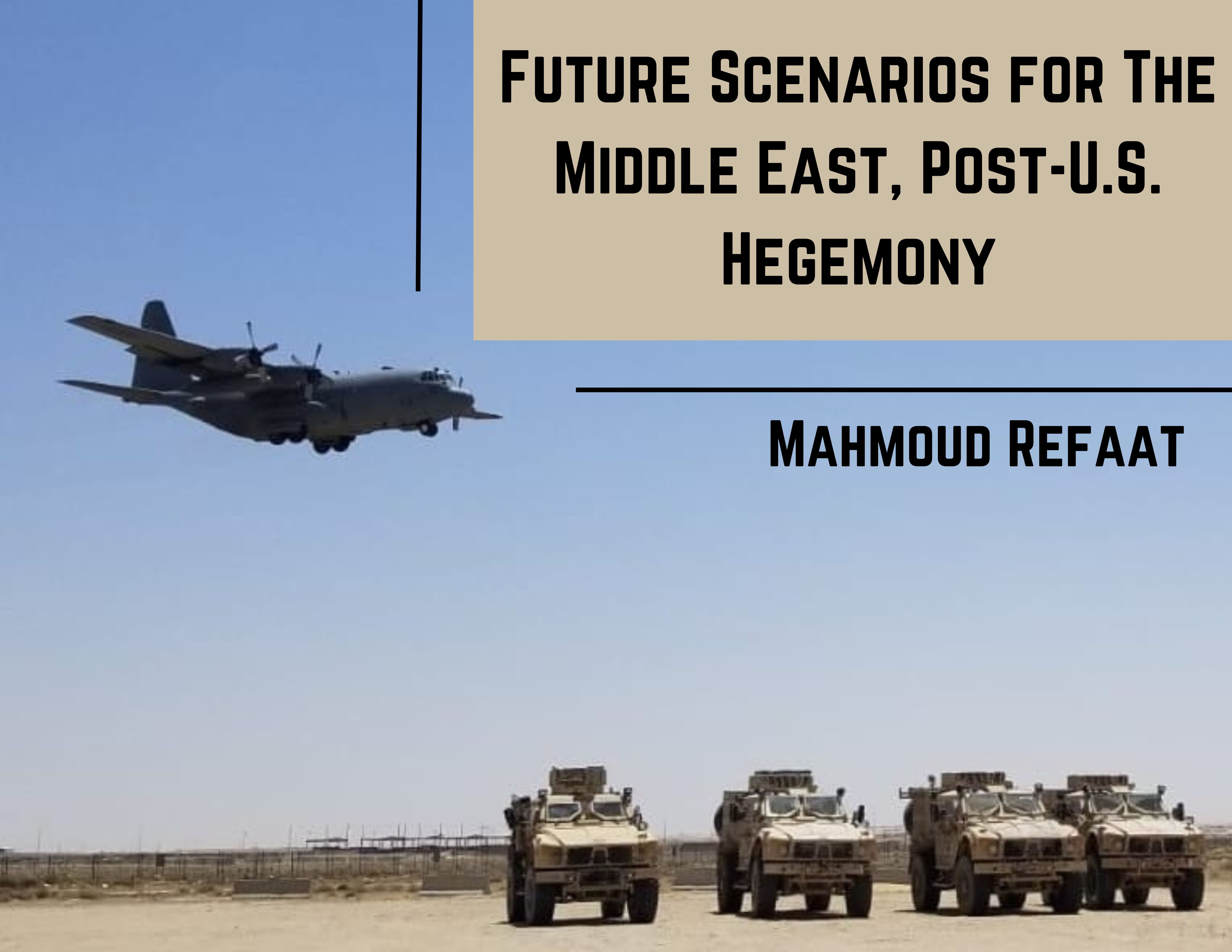VOLUME LVI- Number 2
Mahmoud Refaat
Abstract: The Americans were successful in taking over control of the Middle East post World War II. The nations, through their diplomacy, democratic values and military strength, have been maintaining their status in the region. However, the Middle East, as years go by, have been appreciating this American interference, lesser and lesser. The U.S. and many states in the GCC have decade-long relationships based on friendship and diplomacy. However, the rate at which the position of the U.S. is declining in the Middle is alarming. The economic development, technological curiosity in the area of a nuclear weapon, rich oil reserves and government that can strategically levy it, and the support from Russia and China has posed a serious threat to American Middle East dominance. The events unravelling in both the U.S. and the Middle East have set in motion the possibility of the world moving on from western dominance. This paper aims to examine the future of the Middle East post-American hegemony.
Keywords: Middle East, United States, Hegemony, China, Nuclear Deal, Iran, Israel, Two-State Solution
About the Author: Mahmoud Refaat the author of more than two dozen research articles on a range of topics in the fields of international law and international relations, Mr. Mahmoud Refaat founded in 2009 the European Institute for International Law and International Relations (EIIR). Originating in Paris, EIIR now also features offices in Brussels and Stockholm. In May 2018, Mr. Refaat founded the International Action Group for Peace in Libya with former Libyan Prime Minister Omar Al-Hassi aiming to put an end to civil war in Libya and to work with the International Criminal Court (ICC) to serve justice to perpetrators of crimes against humanity.
Click here to go to previous article| Click here for full article | Click here for full Journal Issue | Click here to go to next article




You must be logged in to post a comment.